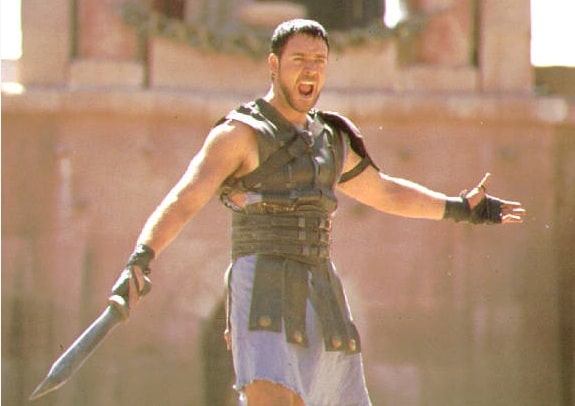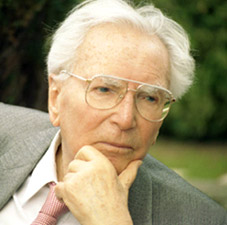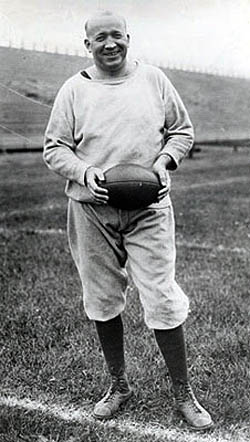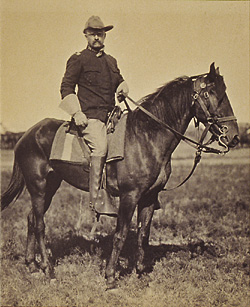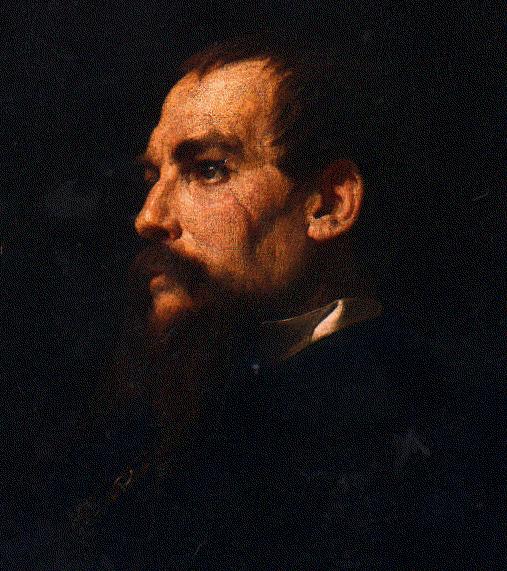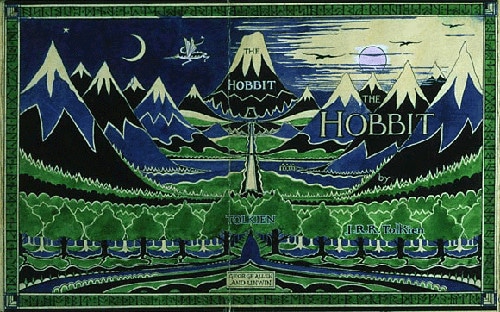
The Hobbit has been a favorite of children and adults alike since its publication in 1937. It used to take a backseat to The Lord of the Rings, but with the movie being released last summer, interest has been renewed in Bilbo Baggins’ adventure.
When it was originally published, it was put into the children’s category and even won prizes for best juvenile fiction that year. Tolkien himself, however, said that a simple tale like The Hobbit can be enjoyed by children and adults alike, making it a great story to read with your kids.
In the book, the reluctant Bilbo Baggins is recruited by a wizard, Gandalf, to join a group of dwarves on an adventure. There are 13 dwarves in the party (an unlucky number, hence the recruitment of Bilbo) who have been exiled from their home, the Lonely Mountain, by a dragon. In that mountain are mounds and mounds of treasure, which is what attracted the dragon in the first place. Nobody has yet had the gall to try to fight off the beast and reclaim the mountain, so these 13 dwarves, plus Bilbo, make a run at it. Together they cross valleys, mountain ranges, murky forests, and raging rivers in order to make their way back home to the Lonely Mountain to fight the dragon.
There are many lessons we can glean from The Hobbit, but today we’ll focus on just a few of this classic tale’s most salient takeaways:
1. You can aspire to and achieve greatness no matter who you are and no matter your stage in life. This sounds extraordinarily like a cliché, but do you really believe it? Contrary to what the movies would have you believe, in the book, Bilbo was 50 years old when he set out on his adventure. (So was Frodo, in fact, in Lord of the Rings.) He had “little to no magic,” and “didn’t like to be called audacious.” He was a thoroughly middle-aged fellow who had no interest in spicing up his life. He lived comfortably, ate and drank much, and enjoyed his cozy home. He even said, “We are plain, quiet folk and have no use for adventures. Nasty disturbing uncomfortable things! Make you late for dinner!”
And yet, Bilbo ultimately becomes the hero of our story. He often complains and longs for home, but he keeps pressing on. He even gets to a point where he can feel the desire for adventure calling out from within him. We’ve written about the importance of taking full advantage of your 20s, but the potential of your middle and elder years shouldn’t be squandered either. Will you be an empty nester or retiree with a quiet, comfortable life? Or will you say “yes” to whatever adventure or dream is trying to make itself heard from within your spirit? When you feel yourself trying to say that you’re not the kind of person to start your own business or that you’re too old to travel the world, harness your inner Bilbo Baggins. Say yes, take the first step outside your front door, and keep on going.
2. A great leader knows when it’s time to step back and let go. There are plenty of leadership lessons we can learn from Gandalf, but his wise style of mentorship is what stands out most. Gandalf travels a good distance with Bilbo and the company of dwarves, but ultimately leaves them to their own devices. He says, “Indeed we are now a good deal further east than I ever meant to come with you, for after all this is not my adventure.”
A great leader and mentor will certainly assist his followers, especially at the start. But there comes a point when the leash has to come off. It’s difficult because it means you have to trust the person with whatever task you’ve charged them with. You’re giving up control of the situation, which is a tough thing for humans to do. Think about what a great coach does, though. He teaches and guides as far as he can, but ultimately he’s not the one who can win the game. He has to put his trust in his players to actually make the plays. The same thought rings true of parenting. The instinct is to just hold a child’s hand for ever and ever, and yet there comes a day when you have to let go, even if it means allowing them to make mistakes and giving them the space to find their way through those mistakes on their own.
3. There are some things in life we just have to accomplish on our own. Just as a great leader knows when to let go, a mentee must embrace the challenge of sometimes going it alone. One of my favorite lines in the book comes after Bilbo has killed a giant spider. His friends had been kidnapped, he was all alone, and to top it off it was the pitch black of night. “Somehow the killing of the giant spider, all alone by himself in the dark without the help of the wizard or the dwarves or anyone else, made a great difference to Mr. Baggins. He felt a different person, and much fiercer and bolder.”
I can relate to this, albeit in a comparatively very small way. In the last half-year or so I’ve taken up running, something I had never done before. In the beginning, progress was quick. I went from walking half of my three miles, to only walking a few blocks of it in a matter of weeks. But after that, it felt like a barrier went up, and I couldn’t make much progress. My wife finally convinced me to run with her, and for the first time, I went 3+ miles without once stopping. Huzzah! I now knew that I could do it. And yet, I had to also do it on my own to prove to myself that it was legit. So a couple days later I went out for a run, and sure enough, my brain wanted to walk. Even just for 10 seconds. And yet, I knew that I physically could do it, so I powered through and did it on my own. It took a friend along the way (my wife) to show me I was capable, but to ultimately break through the barrier and feel stronger as a runner I had to do it on my own. Can you relate?
4. To simply continue on is one of the bravest things that can be done. Near the end of the story, Bilbo is in the mountain and ready to gaze upon the dragon that is guarding the lost treasure. He’s alone, and in the dark (seems to be a common setting, doesn’t it?). He could see the glow of the dragon’s fire, but not the dragon himself. “It was at this point Bilbo stopped. Going on from there was the bravest thing he ever did. The tremendous things that happened afterwards were as nothing compared to it. He fought the real battle in the tunnel alone, before he ever saw the vast danger that lay in wait.”
His greatest battle was not with the dragon, but with his own will. He knew danger was ahead. He didn’t know what it looked like, but he knew it was coming. He steeled himself, and continued on. That singular moment of deciding to move forward was braver than any other thing that Bilbo ever did. Quite a statement, isn’t it? And yet, it rings true. Deciding to do something, with unknown waters ahead, is much harder than doing the thing itself. When we moved to Denver from Iowa a year ago, my wife and I were both jobless. She had just graduated from physical therapy school, and I had just been laid off from my job, which was supposed to continue as a work-from-home position. I can say with certainty that the decision to move out here anyway and follow the adventure was much harder than the actual moving day. Our toughest challenges are mental; and once you clear that hurdle, you can do just about anything.
5. A great story always has conflict or hardship. Imagine your life as a story. Not too long ago, we even had a guest post about this — our life is a journey, and a heroic one at that. Imagine yourself sitting down with your grandkids and telling them the story of you. “Well, I made some money, bought a few cars, sat around and watched TV for a few hours every night, and that’s about it.” Pretty boring, isn’t it? Now imagine that you can start hours worth of stories with, “I explored…I traveled…I fell in love…I fought and won…I overcame…I sweated…” Not only would the story be better, but you likely would be far more satisfied with the course of your life.
J.R.R. Tolkien agrees. “Now it is a strange thing, but things that are good to have and days that are good to spend are soon told about, and not much to listen to; palpitating, and even gruesome, may make a good tale, and take a deal of telling anyways.” He is saying that a life of good ease is a boring one. It’s often what the American dream aspires to, but the reality is that personal growth, and even enjoyment, are things that come out of some kind of challenge. Whether it’s huffing and puffing and groaning your way up a mountain for the view at the top, or getting laid off and finally realizing you don’t want to be in a cubicle anymore, joy is often found after a bit of trudging. Don’t shy away from challenge. Embrace it, and know that someday it’ll make for a great story.
What lessons have you gleaned from The Hobbit? Which of these five most resonate with you? Tell us in the comments!


